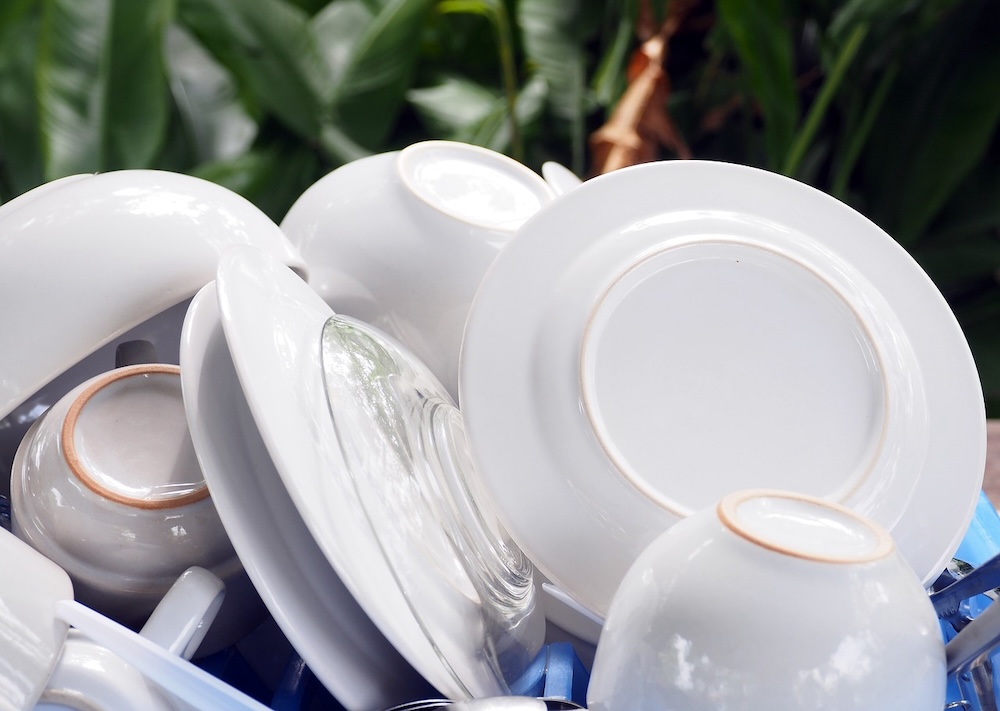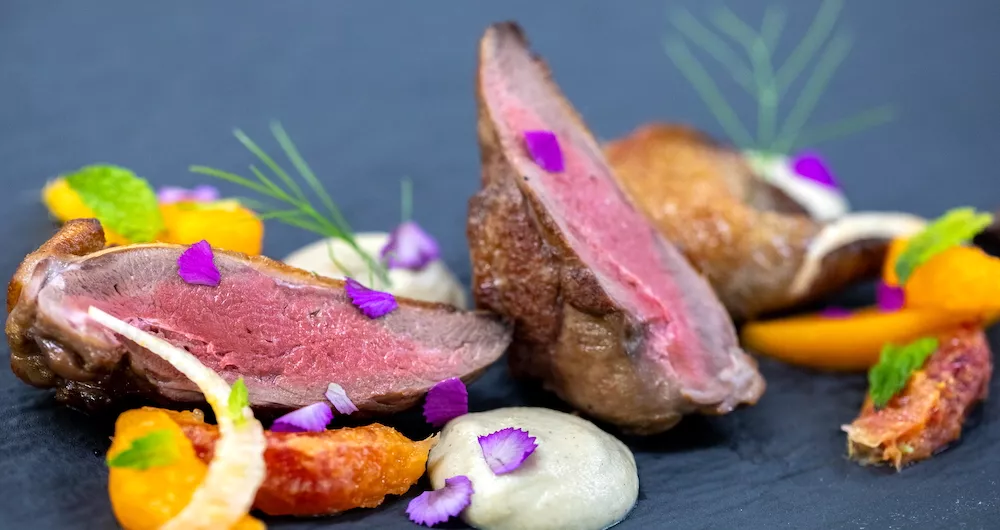Start your 2025 cooking journey with 5 chef-inspired resolutions.
Whether for health, budget or environmental reasons, “cook more” is a popular New Year’s resolution. This is true for both aspiring chefs and those who struggle to boil water.
If your 2025 New Year’s Resolutions include “cook more,” the professional Chef-Instructors at ICE have a few suggestions for helping to make that happen. (Because for most of us, setting a lofty goal is easy. It’s the small steps we must take to reach it that are hard.)
So go forth and cook more. Your physical health, your sense of creativity and wellness, and your wallet will thank you. Happy New Year!
Organize Your Kitchen
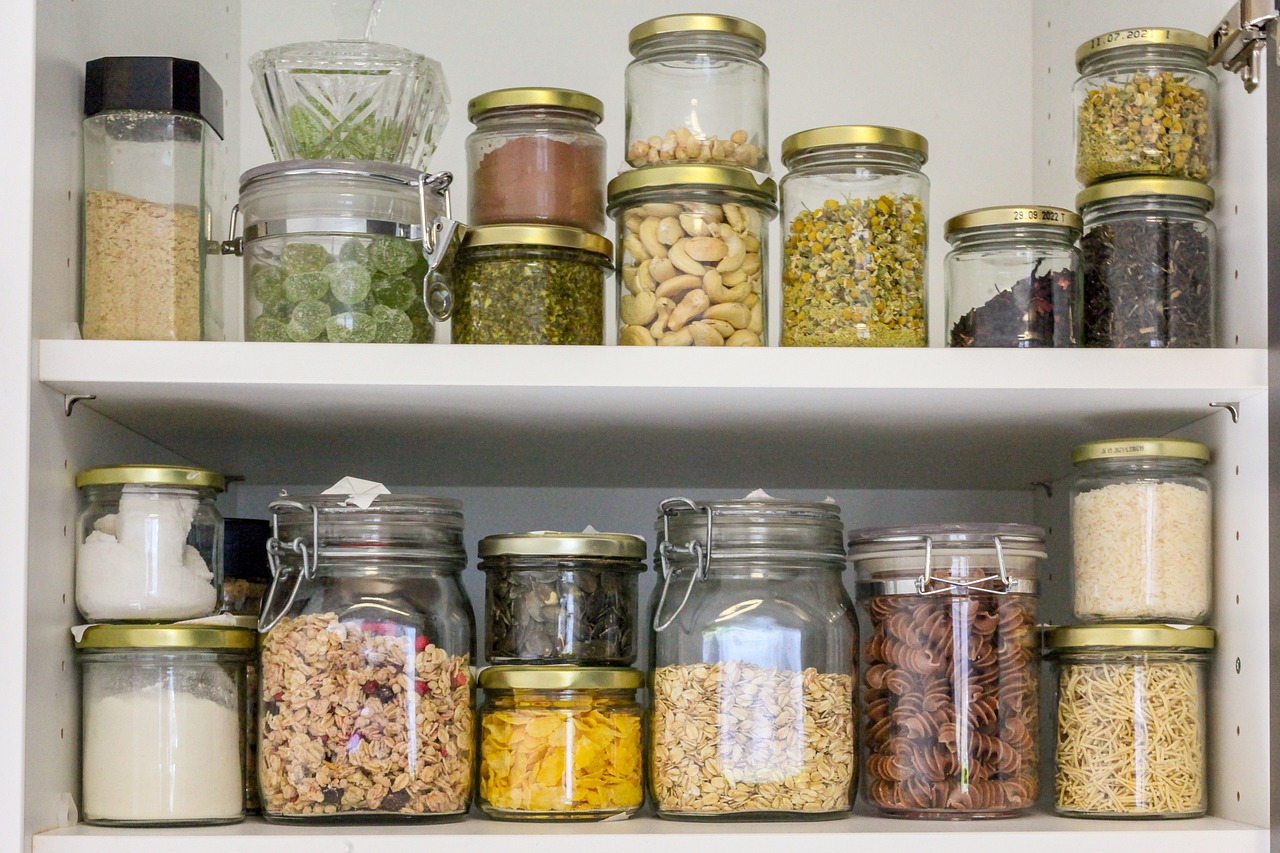
Spring cleaning doesn’t have to wait until April. Resolution season – when it’s cold out and we crave home projects after a long month of holiday socializing – is an ideal time for a kitchen overhaul. Organizing your kitchen will help you approach cooking projects with a fresh outlook and a lack of frustration.
“The basis of what we do comes down to that simple phrase, mise en place,” Chef-Instructor Stephen Chavez says. “When everything is in its place, it just makes cooking effective, where everything is ready to go,” he says.
That includes everything from equipment and serving dishes, to pantry and refrigerator storage. When things are easy to find and convenient to grab, it’s “actually easy to cook,” Chef Stephen says.
Explore What’s New
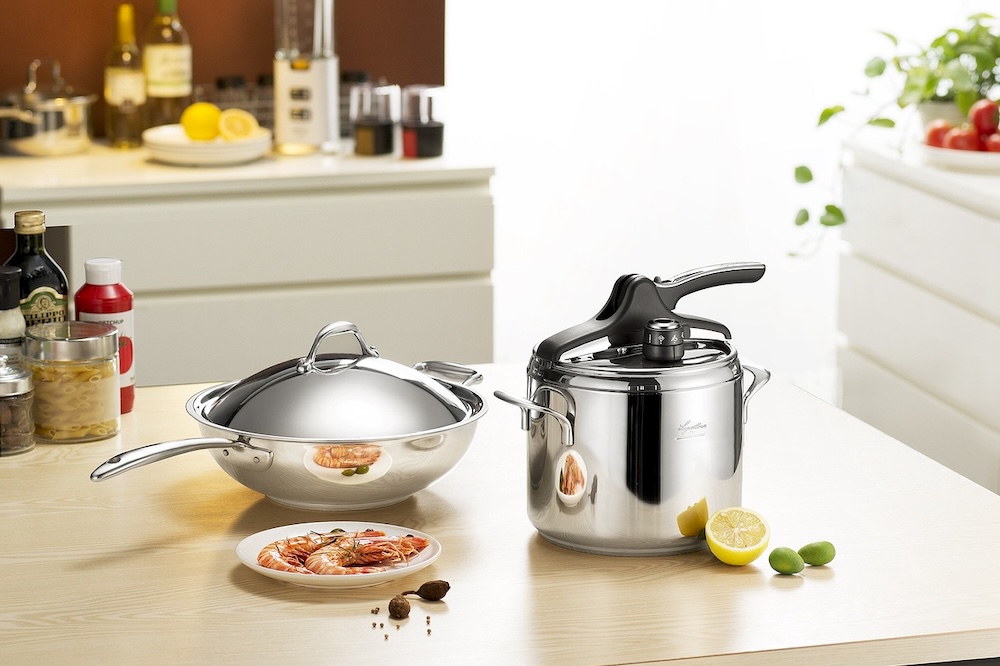
Even if you’re new to regularly cooking for yourself and your family, that doesn’t mean you can’t go beyond what’s familiar. Chef-Instructor Keiry Palma says that keeping an exploratory mindset makes cooking more fun, which in turn, makes you want to cook more often.
“One of the most fulfilling aspects [of cooking or baking] is the ability to challenge ourselves to work outside our comfort zones,” she says. “By experimenting with new techniques and ingredients, we can hone our skills and keep our culinary journey exciting.”
This can include new or unfamiliar ingredients, new equipment that helps streamline various cooking processes, and new cuisines altogether.
“The rise of social media has connected us with a global community of food enthusiasts,” Chef Keiry says, “be it a recipe from a foreign cookbook, a baking show on TV, or your neighbor’s desserts, outside inspiration can challenge your boundaries.”
Add More Plants
Plant-based eating has surged in popularity in recent years. Beyond its impact on personal health and the environment, plant-based preparations inspire creativity even when your diet isn’t entirely plant-based.
“I had the most variety in my diet when I started to cook plant-based, and I also was doing the most cooking I had ever done in my life,” Chef-Instructor Ann Ziata says.
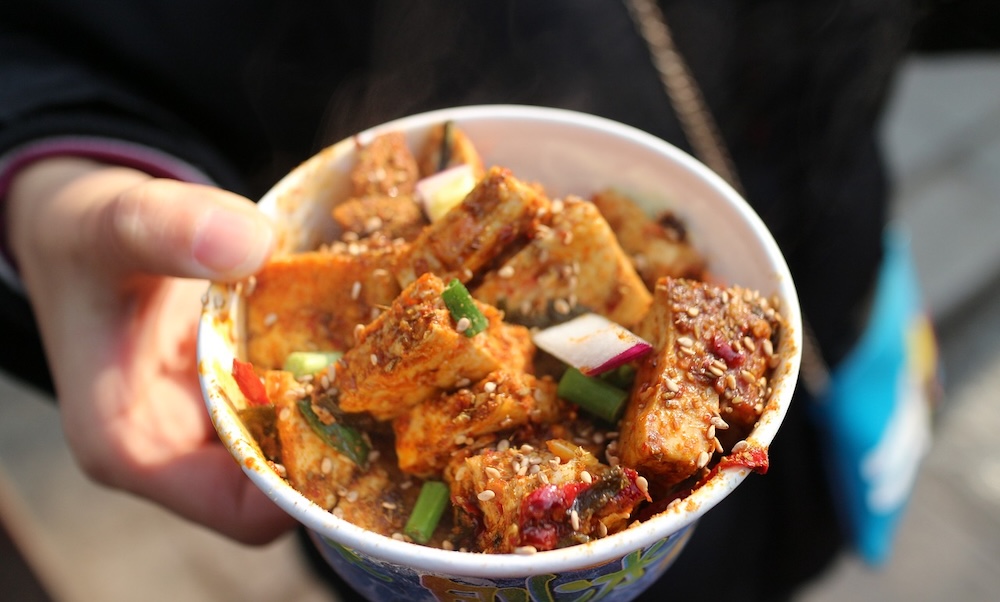
“Plant-based proteins like tofu, tempeh, and seitan are so versatile and so much fun to cook with,” she says. “In addition to traditional stir-fries and stews, I was also researching how to make vegan burgers, croquettes, kebabs and more. There are so many types of marinades and techniques that are useful skills even if your cooking isn't 100% vegan.”
Related reading: What’s the Difference Between Plant-Based and Vegan?
Add Bread to Your Kitchen Repertoire
There is something especially wholesome about baking bread for your own consumption. That said, it can be intimidating for those who favor the stovetop over the oven. Committing to the process, however, can have myriad benefits, because its techniques and lessons transcend bread baking itself.
ICE Director of Pastry Research and Development Jürgen David says that bread baking promotes understanding of fundamental techniques like temperature and timing, and creates connection to tradition, as bread is one of the world’s oldest prepared foods.
"Bread-making requires attention to detail, patience and precision,” Chef Jürgen says, all of which have applications outside of the kitchen.
Do Your Dishes
This one’s from me. Prior to my culinary school education, I was an avid cook, but a reluctant dishwasher. (I frequently left the cleaning up for the next time I wanted to use the kitchen.)
However, one of the many valuable lessons I learned as a student at ICE was that cleanup is very important. When you habituate to working clean, cleaning as you go, and cleaning up as the final part of the cooking process, your kitchen will always be ready for you when inspiration strikes.
